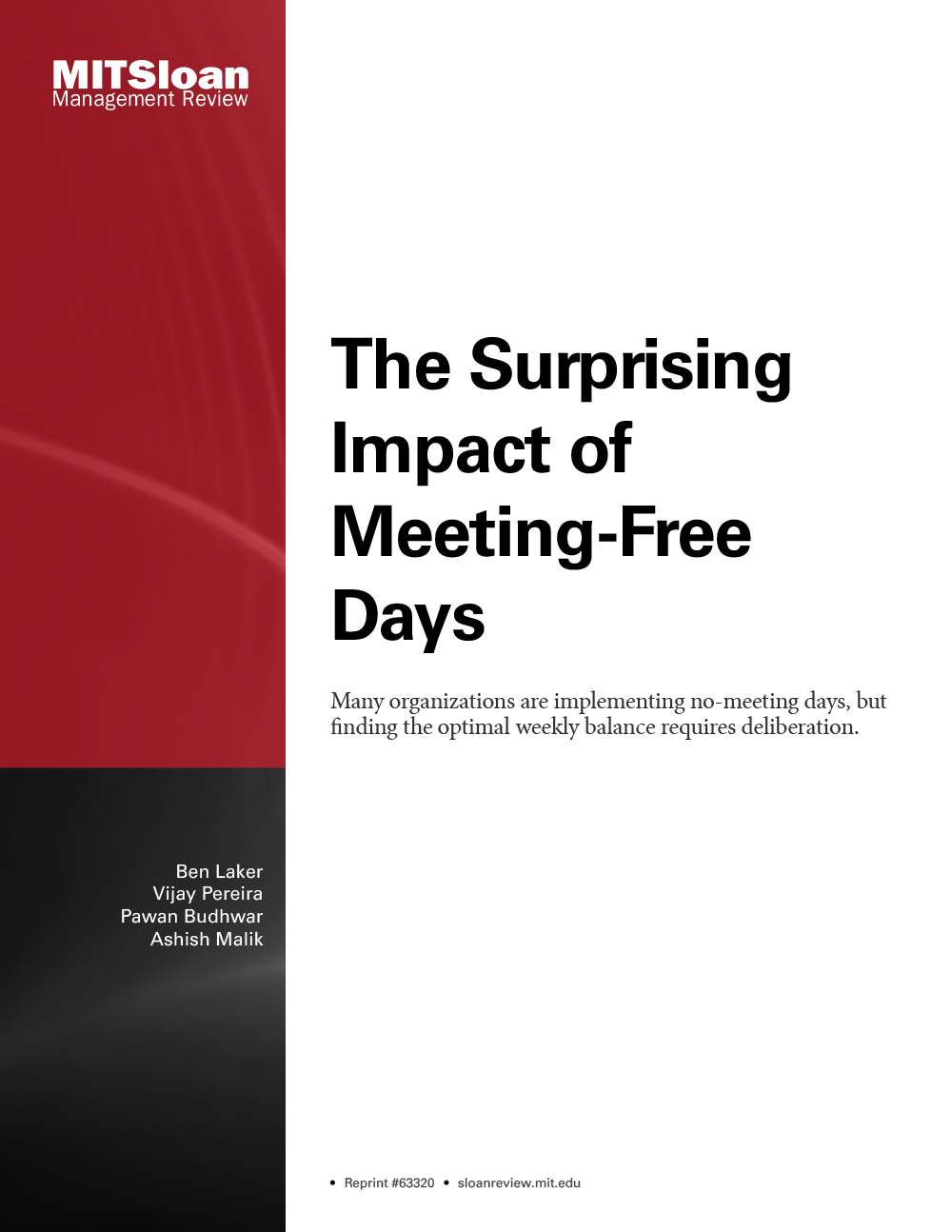
Reinventing Employee Onboarding
The first day on the job at a new organization is commonly structured around introducing employees to the work environment and company culture. But as it turns out, the traditional methods of onboarding may have some serious weaknesses. Subordinating one's identity and unique perspectives may not be optimal in the long run for either the organization or the individual employee. Socialization practices that get newcomers to behave inauthentically might not be sustainable and do not address broader issues concerning emotional exhaustion and work dissatisfaction.
This article suggests a different approach, referred to as "personal-identity socialization," that had positive long-lasting effects for both companies and employees. It involves encouraging newcomers to express their unique perspectives and strengths on the job and inviting them to frame their work as a platform for doing what they do best.
Wipro BPO, a business process outsourcing firm in Bangalore, India, was experiencing high turnover rates that were comparable to those of the industry (50% to 70% annually). In Wipro's traditional onboarding program, new employees (known as "agents") underwent training in 15- to 25-person teams. During the first days of orientation, they learned about the company and received human resources information. But when the onboarding focused, instead, on individual identity, employees were more than 32% less likely to quit their jobs during the first six months at the company. Moreover, employees who went through the approach to onboarding that focused on individual identity received customer evaluations that were significantly more positive than those who went through Wipro's standard onboarding process.
The bottom line: By making relatively small investments in socialization practices, companies can make significant improvements in employee retention and engagement.




